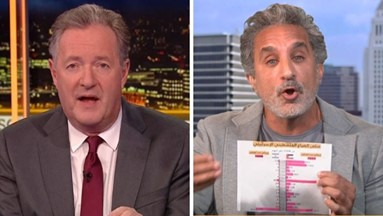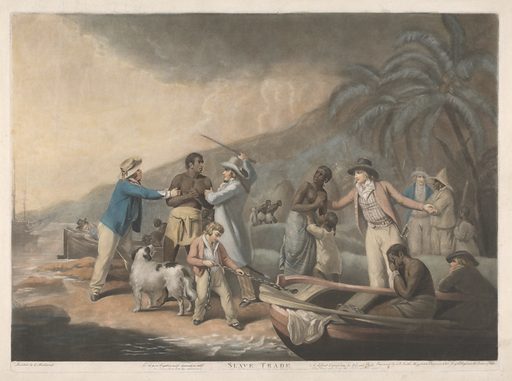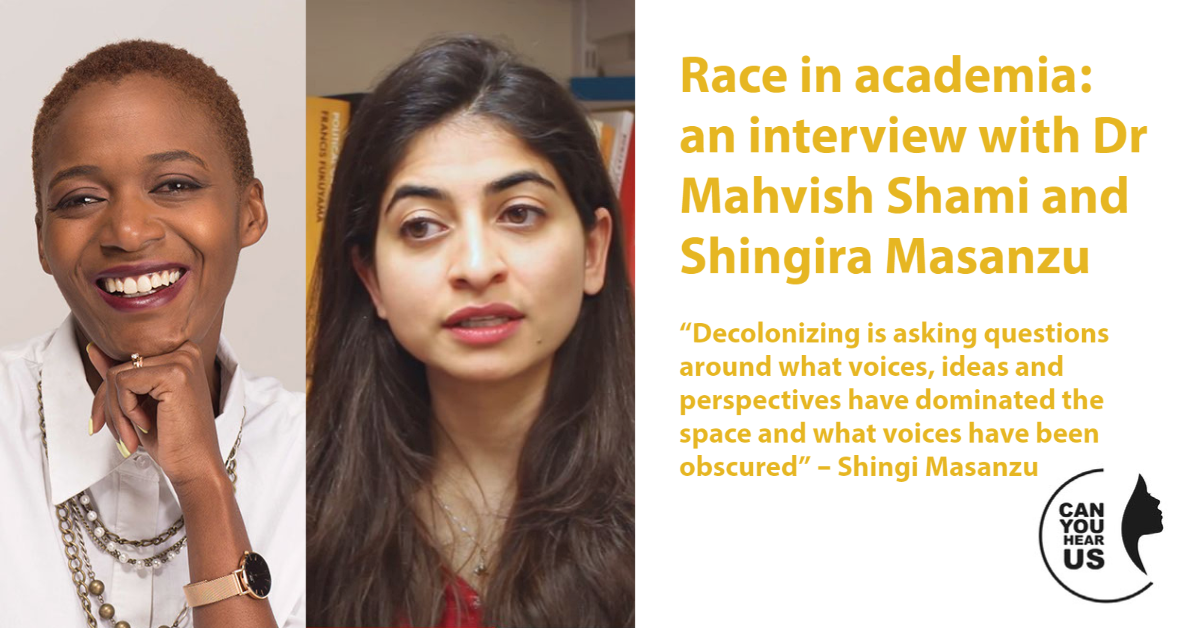LSE ID Alum Ziyaad Surtee examines the politicisation and weaponisation of Islamophobia in the context of the Israel-Palestine conflict, highlighting the manipulation of narratives, challenges faced by Muslims post-9/11, and the need to counteract stereotypes and double standards perpetuated in mainstream discourse. Surtee stresses the importance of challenging condemnations, countering the ‘othering’ of Muslims, and maintaining objectivity in addressing Islamophobia.

It is important to understand Islamophobia as a politicised concept that has been weaponised to further a favoured political agenda. Challenging the manipulation of narratives is essential to maintain objectivity. This process can be illustrated by using the recent events of the Israel-Palestine conflict.
Background to Islamophobia
I was only 7 months old when the lives of Muslims were forever changed by 9/11. The inescapable label of ‘terrorist’ was something we were forced to grapple with.
Terrorism is defined by the Oxford Dictionary as “the unlawful use of violence and intimidation, especially against civilians, in the pursuit of political aims.”.
What is interesting about this definition is that in the mainstream, there is a distinct lack of analysis of the political aims of violence. If anything, the term is used as a way to ‘other’ the Muslim population. In this regard, it is worth utilising the Palestinian-American scholar, Edward Said’s concept of Orientalism. It essentially explores how the West views the East (Asia, North Africa and the Middle East) with contempt as a way to maintain the idea of Western superiority and a supposed threat from the East.
In the media, this narrative was pushed. For example, the TV show ‘Homeland’ portrayed a constant threat of terrorism from the Muslim world. A longtime researcher of Hollywood’s portrayal of Arabs and Muslims Jack Sheehan said regarding ‘Homeland’ that the Producers “take the black-and-white stereotypes and legitimize them,”. By legitimising stereotypes, Islamophobia becomes justified.
This was a difficult environment for Muslims to navigate, leading to an inevitable identity crisis. The cognitive dissonance that arose led to psychological distress. Destroying the inferiority complex involves cultivating consciousness according to Fanon in Black Skin, White Masks.
3 ways to combat Islamophobia
To achieve this consciousness, there are three things to be aware of. Firstly, the definition of terrorism. Secondly, the need to apologise. Finally, the need to counteract the pervasive Orientalism that has left Muslims feeling alienated.
In order to examine Islamophobia, I will use examples from the Israel-Palestine conflict that has occurred since October 7 2023.
The ambiguous label of terrorism
Firstly, let us explore the label of terrorism. There is a distinct absence of comparative analysis. In the case of the October 7 attacks, the Palestinian militant group Hamas (a proscribed terrorist organisation) have been painted as savages for their militancy. Whilst, Israel on the other hand has a ‘right to defend itself’ by bombarding the Gaza Strip to end Hamas. The definition of terrorism as violence for political aims is applicable on both sides. However, it is only ever used when talking about one party in the conflict. Terror has become synonymous with Islam. This label cannot be extended to sovereign states even if the definition applies.
As Harvard law professor Richard Baxter wrote “We have cause to regret that a legal concept of ‘terrorism’ was ever inflicted upon us. The term is imprecise; it is ambiguous; and above all, it serves no operative legal purpose.” Ultimately, the term has been weaponised as a way to ‘other’ Muslims.
Political aims are considered justified based on a subjective morality determined by Western hegemony. Whilst, South Africa brings Israel to the ICJ for a case of ‘plausible’ genocide, both the US and UK dismiss this as having no basis. It highlights how the morality of the global South (South Africa) does not correlate with the political motivations of the global North (US and UK). There is a need to critically interrogate the political background of violence. Failure to address the root cause means that it is cursed to continue.
Challenging condemnation
There is no need to apologise. The status quo demands Muslims to apologise for actions committed in their name. That is why, when Muslim guests appear on mainstream news channels and are asked “Do you condemn Hamas?”, there is a collective frustration. Why is there an obligation for Muslims to condemn violence?
On the other hand, US and UK officials are not obliged to condemn Israeli violence (which has killed 32,070 Palestinians in Gaza according to recent figures). This is because foreign policy justifies violence in the name of self-defence (even if it is against civilians). These civilians have been called “collateral damage” by Prime Minister Netanyahu.
It was ridiculous when President Isaac Herzog said “It is an entire nation out there that is responsible”. It is blatantly Islamophobic to accuse a majority Muslim population of being complicit in violent acts. Failure to criticise this, underscores glaring double standards.
Condemnation is predicated on Western morality. The fact of the matter is that all lives aren’t equal. They are valued in a hierarchy that aligns with political interests.
Countering the ‘othering’ of Muslims
There is a need to counteract the ‘othering’ of Muslims. The weekly pro-Palestinian marches were called “hate marches” by Suella Braverman. Whilst, Prime Minister Rishi Sunak mentioned that “our democracy itself is a target” with an urge “don’t let extremists hijack your marches”. These words are deliberately inflammatory and have had harmful effects with the EDL and far-right counter-protesting the Palestine March on 8 November. Recently, Michael Gove proposed redefining ‘extremism’ which many argue is an attempt to silence the pro-Palestinian voice. As a result, there have been 2,010 recorded online and offline Islamophobic incidents (Tell Mama).
Countering the pervasive ‘othering’ of Muslims involves providing alternative narratives. In the case of Palestine, this has famously involved the Piers Morgan interview with Bassem Youssef where he used humour to deftly deal with the pattern I have described (understanding the definition of terrorism, the expectation for Muslims to condemn violence and giving a fresh perspective).
Questioning the narrative
Development practitioners need to be vocal in challenging the political background of Islamophobia. Failure to do so is a slippery slope to a loss of objectivity. We have a responsibility to prevent this from happening.
This starts by asking ‘Do you condemn Islamophobia?”.
The views expressed in this post are those of the author and do not reflect those of the International Development LSE blog or the London School of Economics and Political Science.
Image credit: JoslynLM via Flickr.






There is no such thing as ‘Islamophobia’. It’s a nonsense term invented by the left to close down debate before it even starts. Dislike or criticism of Islam is not a ‘phobia’ – it is an opinion, whether you like it or not. No reiigion or culture is entitled to immunity from criticism or ‘offence’. Grow up!
A very ugly comment which shows you didn’t take much away from Ziyaad’s words at all. Perhaps you’d do well to have another read of this blog.
Amazing, well-written piece! Speaking straight facts Z
“The fact of the matter is that all lives aren’t equal. They are valued in a hierarchy that aligns with political interests.”
Brilliantly written. And the first comment demonstrates the ignorant refusal to understand and rushing to judgement.